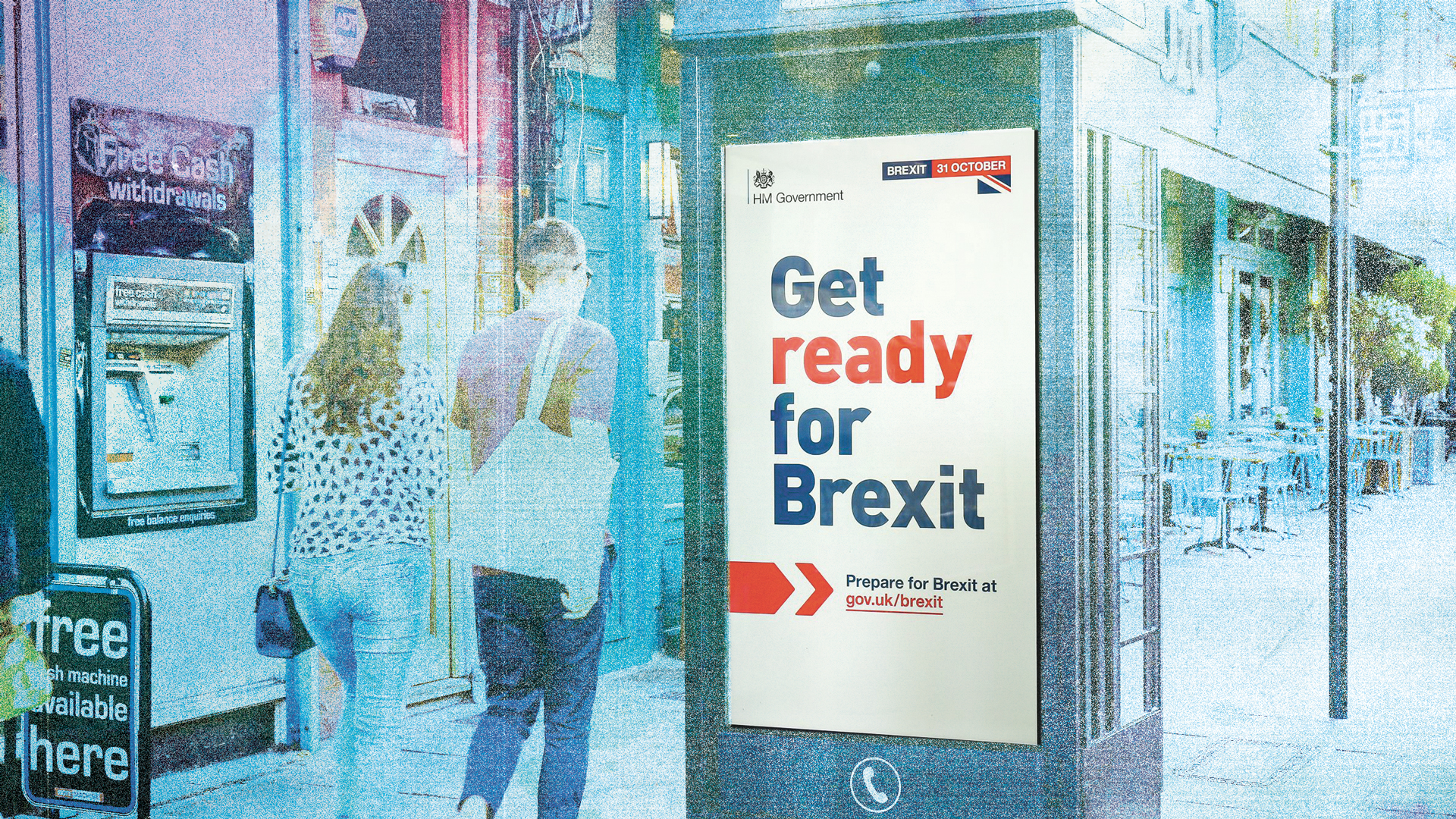Necessity is the mother of invention. The best ideas are creative responses to need, responses that big business and government aren’t always nimble enough to make. Just look at The Big Issue.
The rise and rise of social enterprise is a welcome success story in Britain. There are 100,000 across the country, contributing £60bn to the economy each year. In the age of austerity, small local businesses have plugged gaps that councils and government can’t, or won’t, meet. Our event in Northampton last year, bringing together grassroots groups who are doing incredible things, was a microcosm of how this is spreading.
So, will social enterprises be able to grow and continue vital work post-Brexit? Or will they be proven even more useful than before?
Around one in 12 of them is reliant on grants or investment from the EU. Those European funding schemes tend to be targeted at deprived areas, says Thomas Montgomery, a postdoctoral researcher at Glasgow Caledonian University’s Yunus Centre for Social Business and Health. In fact, nearly a fifth of community-based social enterprises in the most challenging places are dependent on income from the EU.
“There is a lot of uncertainty around how those programmes will continue post-Brexit,” Montgomery says. “Funding has been consistently decreasing for vital services. And the needs of the vulnerable groups, who these social enterprises work with, increase.” It’s a cycle those in the sector are expecting to see turbocharged if the UK leaves the EU without a deal.
“It’s not unreasonable to say social enterprises can fill those particular gaps,” Montgomery adds, “but if the situation worsens for vulnerable people then the pressure on those organisations to deliver more with less increases. You have to look at a no-deal Brexit scenario and ask: with what resources?”




